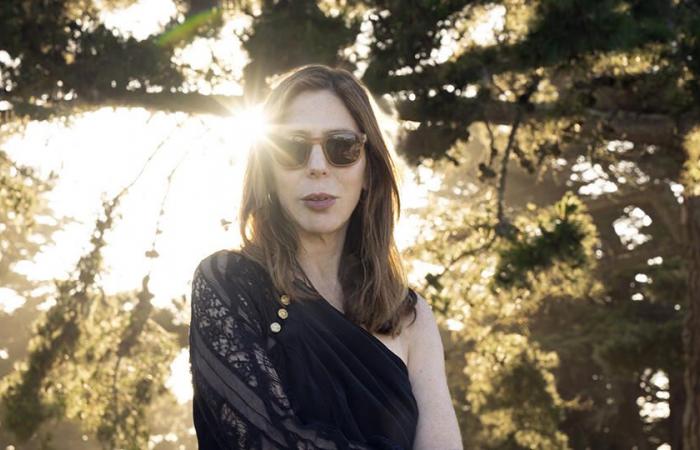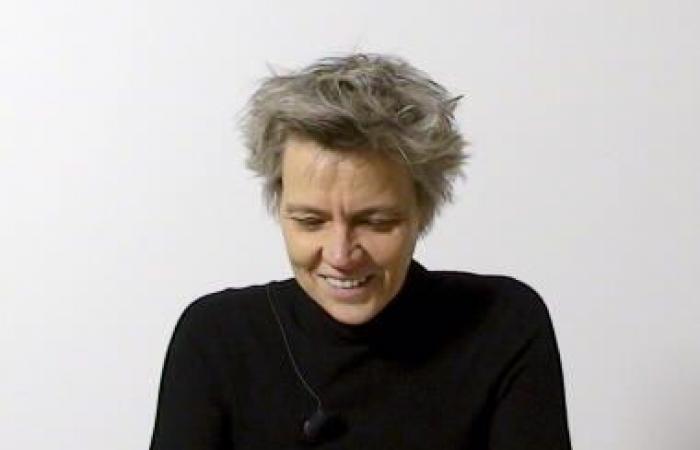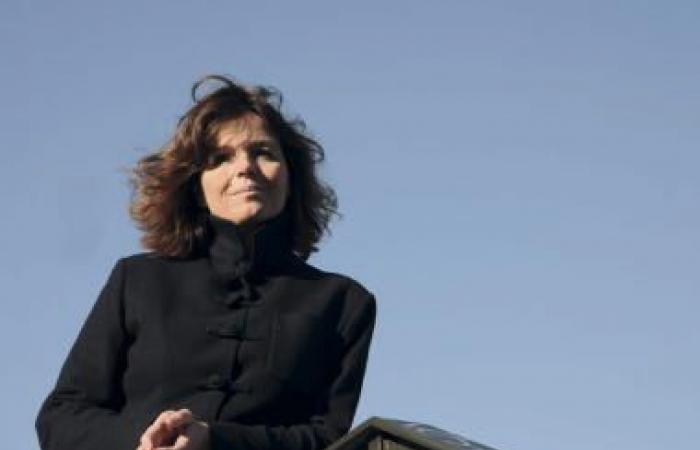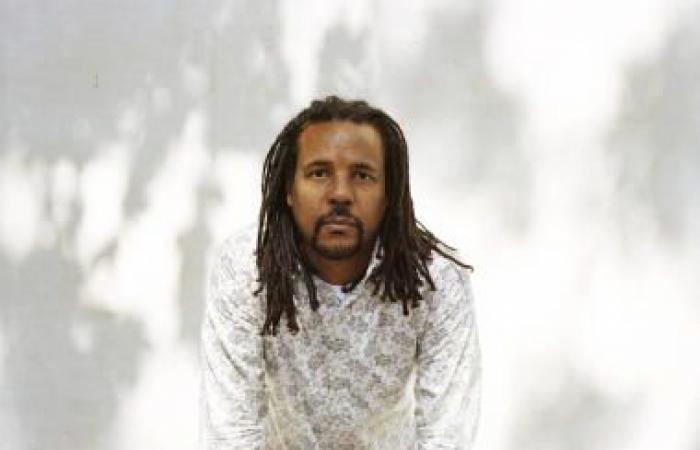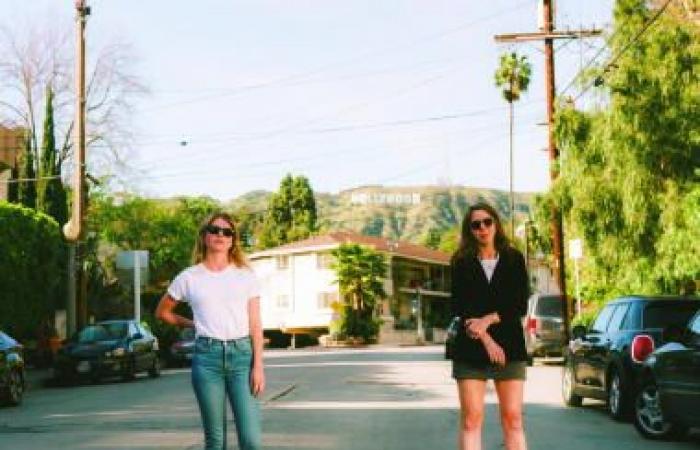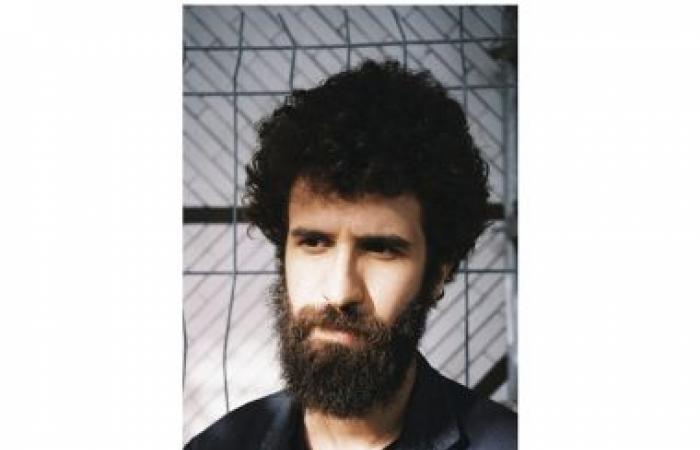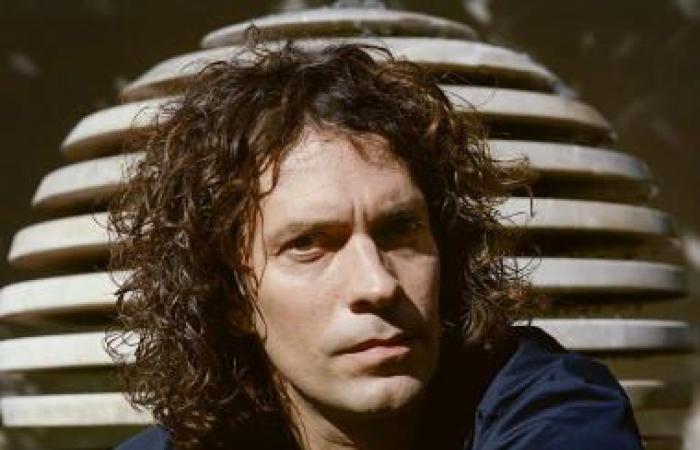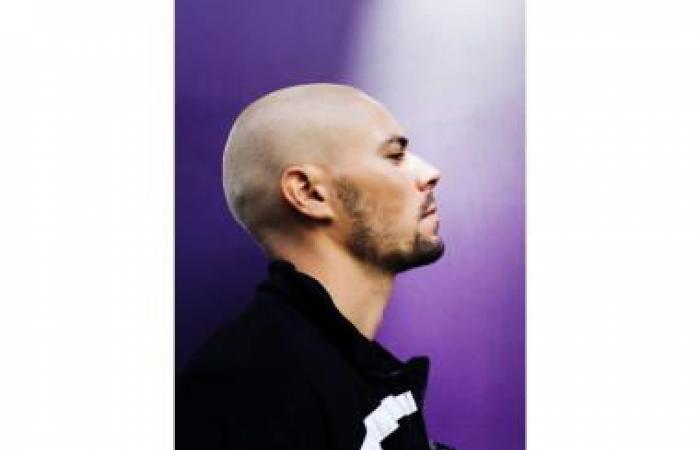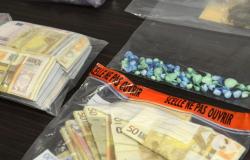In this pretentious and bloated thriller, an American spy monitors a small group of French leftists, without us understanding why.
For her fourth novel, Kushner draws direct inspiration from Julien Coupat and the Tarnac group, whom she met during summers spent in France. Presented as a philosophical thriller by the American press, The Lake of Creation is unfortunately neither one nor the other, even if it is riddled with supposedly profound digressions on Neanderthals, Guy Debord, Louis-Ferdinand Céline and many others.
And all this, even before the heroine, a secret agent in the service of the Americans, has yet infiltrated the group she is supposed to monitor. Not his fault: it took him 120 pages (and a lot of implausibilities) to reach the South of France, where he is based, from Paris.
Kushner wants to tell us something, but what? If her aim – at least what we guess after a lot of effort – is to question the possibility of a left today and the notion of progress, she misses it by bloating her text with banal reflections. At best, we learn that Europe is not just an old-fashioned tea room, but that it is a free trade system that has disfigured the landscape.
The writing is either flat or pretentious; when her narrator takes two sleeping pills, it becomes: “So I had chemically subjugated my cortex by channeling it with two tiny pills.” Ah good.
The Lake of Creation by Rachel Kushner (Stock/“La Cosmopolite”), translated from English (United States) by Emmanuelle and Philippe Aronson, 480 p., 23.40 €. In bookstores January 8.
Also read
-
“The Mars Club” by Rachel Kushner, in the heart of women’s prisons in California, wins the Medici Foreign Prize
-
“Birth of a bridge”, the humanist epic by Maylis de Kerangal
-
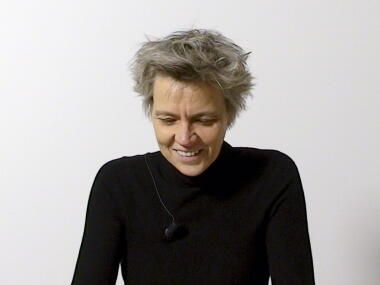
Esther Kinsky, poetry sister of WG Sebald
-
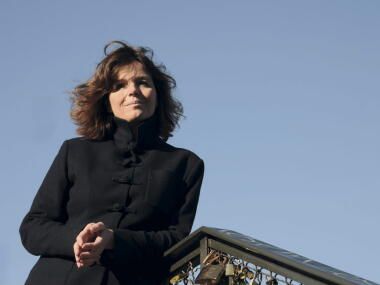
“At this stage of the night” by Maylis de Kerangal, all shipwrecked
-

Our 40 favorite novels for the literary season
-
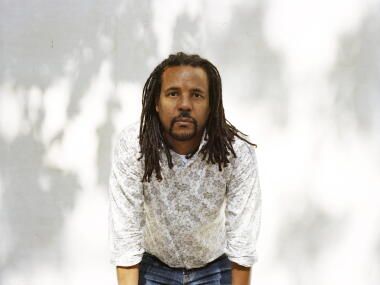
Here are the 40 novels that will make the literary comeback
-
-
Meeting with (and between) novelists Emma Cline and Rachel Kushner
-
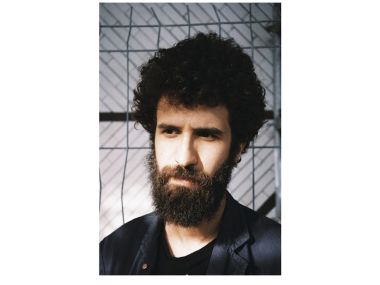
After “Les Sauvages”, Sabri Louatah unveils a dystopian political fable
-

“Little America”: when the creator of “Homeland” paid off the cultural imperialism of the United States
-

Meeting with Chris Krauss, the author of “I Love Dick”: “For each book, I choose a mask”
-
Why don’t Americans read French novels?
-

The 13 emblematic novels of the Trump years
-

Pierre Ducrozet, powerful travel writer
-

Meeting with Nicole Krauss, who pens the most beautiful novel of the new school year
-
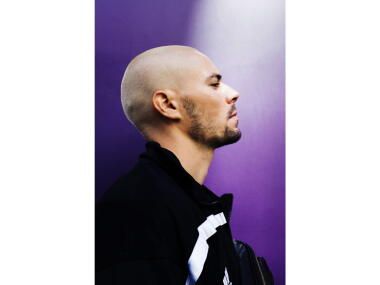
Literary return to school: our choices in 40 titles
Canada

